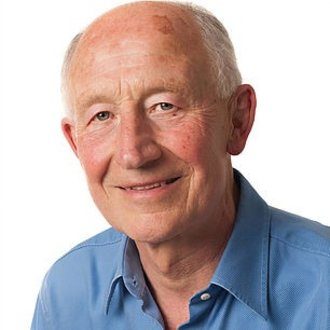The recent utterances of Maurice Newman, Chair of the Prime Minister’s Business Advisory Council, suggesting that climate change is nothing more than an attempt to establish “a new world order under the UN”, engendered some hilarity. They should not, because his comments highlight a fundamental failure of leadership on the…
